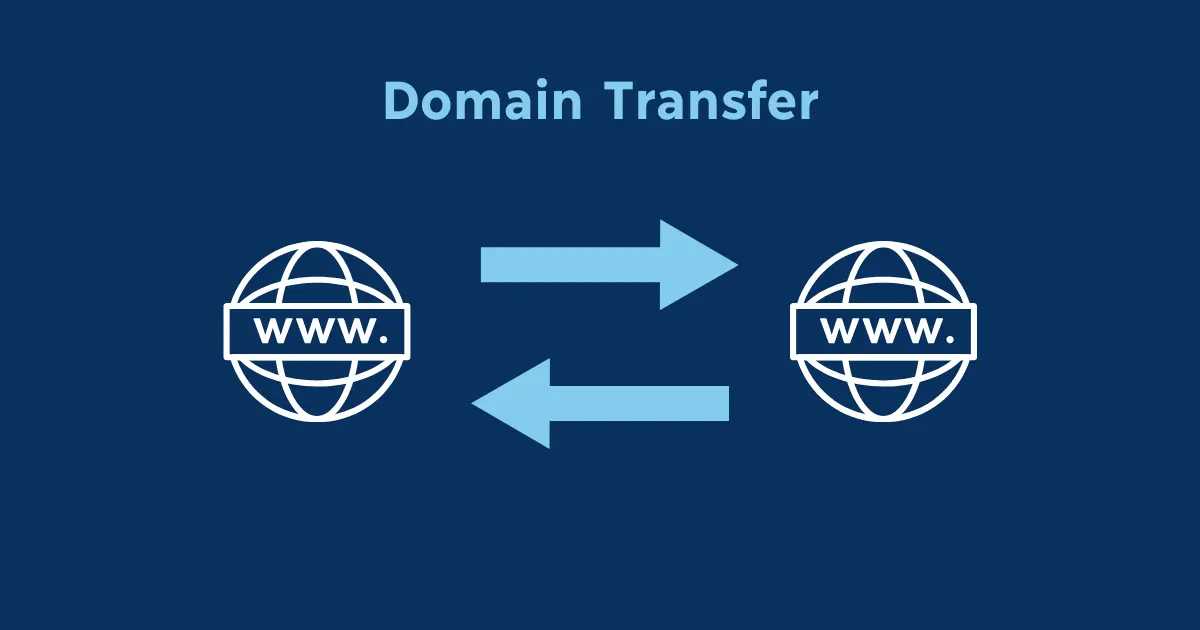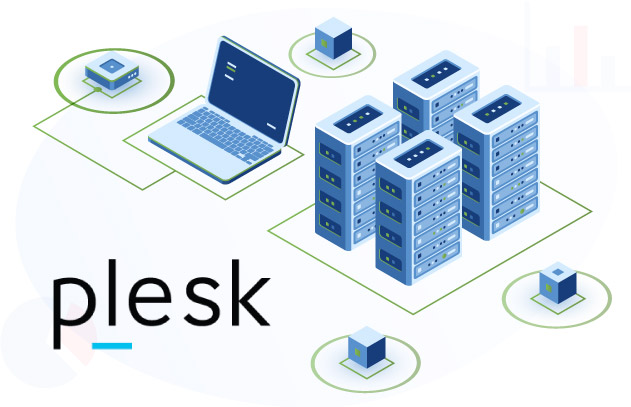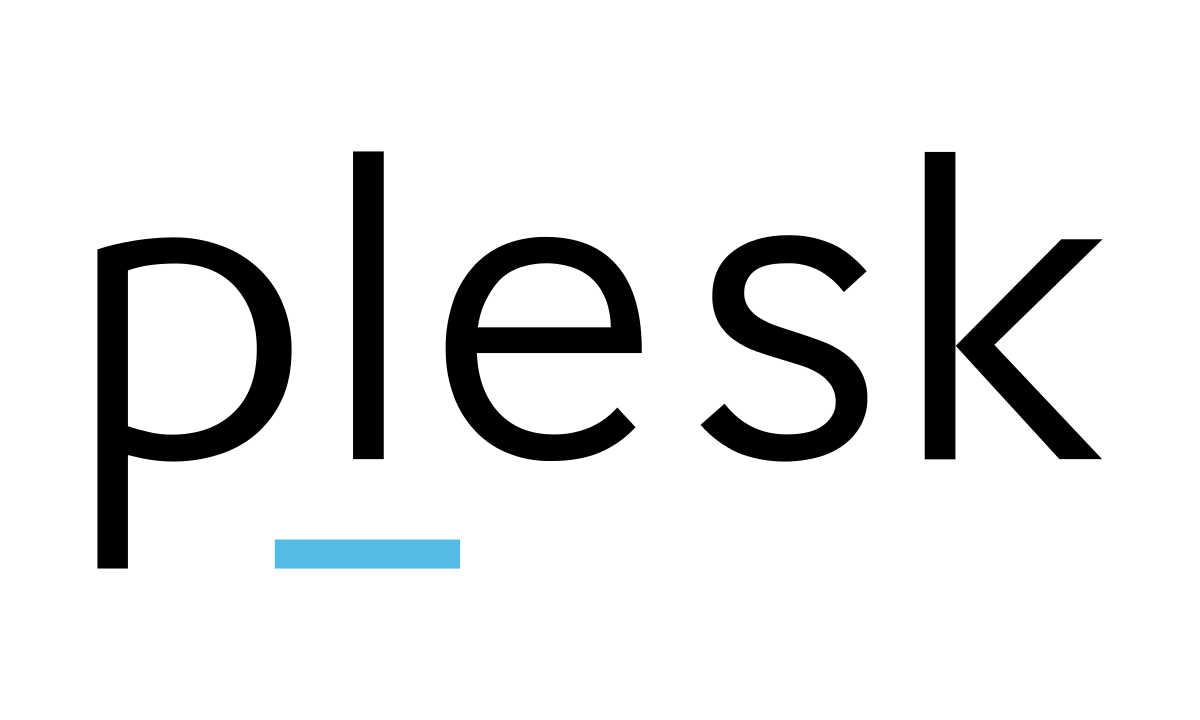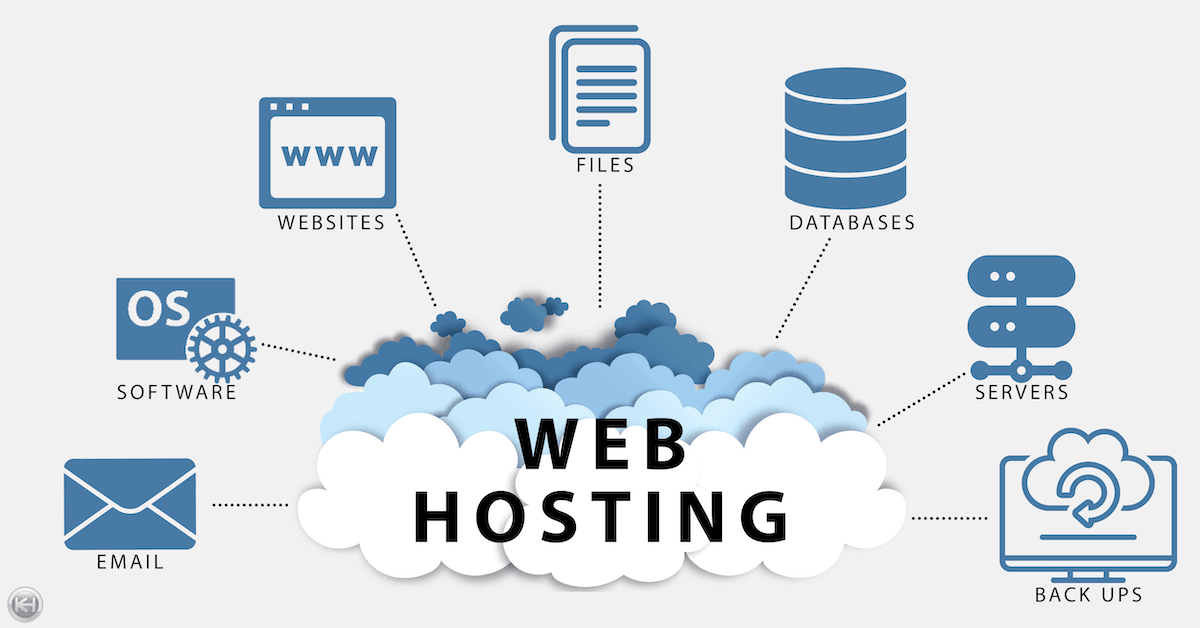Web hosting is an online service that makes your website’s content accessible on the internet. When you purchase a hosting plan, you are renting space on a physical server to store all the website’s files and data.
A Web server is a high-configuration computer system that stores, processes, and serves website files and other media content (for example, HTML documents, images, CSS stylesheets, and JavaScript files) requested by the client (web browser).
Web hosting requires computers that can offer 24×7 uptime and serve multiple client requests simultaneously. Thus, if multiple clients request access to webpage files simultaneously, the server will be able to respond to them without any downtime Web Hosting, providing storage space and access for websites.

Table of Contents
What Web Hosting is?
Web hosting is an online service that enables you to publish your website or web application on the internet. When you sign up for a web hosting service, you basically rent some space on a physical server where you can store all the files and data necessary for your website to work properly.
How Does Web Hosting Work?
The server that hosts your website is a physical computer that runs continuously to make the site available for visitors all the time.
Buying servers for web hosting will allow you to store all the data of your website in those servers of your provider.

Once a user enters your domain name into their browser’s address bar, the web host’s server will transfer all the files necessary to load your website.
A web hosting service provider ensures that your website performs optimally and with better security protocols. In addition, it simplifies the many complex aspects of hosting a website – from software installation to technical support.
For more Detailed information you can check out the below video,
Types of Web Hosting Services
With numerous web hosting options available, it can be challenging to determine which one is best for your website.
Most web hosts offer different hosting packages for different types of customers – from business website owners to personal blog creators.
Ideally, you should start with the simplest hosting solution. Once your site gets more traffic, you can upgrade to a more advanced plan.
Let’s take a look at some of the most popular ones available.
Shared Hosting
Shared hosting, is where multiple users share the same server resources, including memory, processing power, and storage space.
Because of its simplicity and affordability, shared web hosting is an excellent solution for small businesses and personal websites that do not require advanced configuration or higher bandwidth.

Pros
- Low cost. Since multiple users share the resources, the operating costs are divided among them, making Shared Hosting the most affordable type of hosting.
- Beginner-friendly. This type of hosting is suited for newbies who wish to build their online presence but need more knowledge or technical expertise with server maintenance.
- Easy to Upgrade. If your website gets more traffic and needs more resources, you can upgrade to our next-level hosting anytime.
Cons
- Minimal access to server configuration
- Increased traffic on other websites can affect your website’s speed
- Inability to configure your server. This type of server does not have root access and supports limited custom installations.
Virtual Private Server (VPS) Hosting
With this web hosting type, your website also shares a physical server with other users, but the web host creates a virtual partition for each user.
Thus, a site hosted on a virtual private server get an allocated number of resources.
VPS web hosting is a great option for medium-sized sites, eCommerce shops, and large blogs with a rapidly growing number of visitors.

Pros
- Dedicated server space
- Increased traffic on other websites has no impact on your site’s performance
- Root access to the server
- High customizability
Cons
- Users need technical expertise to manage it
- Even though it’s relatively affordable, some users may have to hire a developer to manage the virtual server, increasing the overall costs
Cloud Hosting
This web hosting solution uses several virtual servers to host sites. Thus, if one server experiences high traffic or a problem, the remaining ones will take over and maintain the website operating.

Since cloud-based web hosting relies on a cluster of web servers to function, businesses with multiple websites and large-scale sites like eCommerce shops can benefit the most from it, as it provides little to no downtime.
Pros
- Reduced likelihood of downtime and hardware failure
- Uses load balancing to handle high traffic and prevent DDoS attacks.
- Scalability – your website is not limited to the resources of a single server
Cons
- Root access is not always provided
- It is more expensive than VPS and shared hosting
Dedicated Hosting
Dedicated hosting designates a physical server for each website. By going with dedicated hosting, you can configure the server, choose your desired operating system and software, and customize the entire hosting environment to your specifications.
Renting a dedicated server is just as powerful as having your own on-site server, but with the added benefit of getting professional support from your web host.
Thus, dedicated hosting is ideal for large online businesses that deal with heavy traffic.
Pros
- Complete control over the server’s configuration
- High reliability
- Root access to the server
Cons
- High cost, more oriented towards large businesses
- Technical and server management knowledge is required.
With this discussed you can also check out best and reliable hosting packages using the below URL’s.
India’s Best Web Hosting Company | Cheap Web Hosting Services – BulkSpace
Web Hosting | Web Hosting India | Web Hosting Chennai – SB (squarebrothers.com)
How to Choose the Best Web Hosting Service Provider?
There are several factors to analyze when it comes to deciding between web hosting providers. Therefore, make sure to find the best web hosting provider that offers a variety of services.

Control Panel
With a hosting control panel, you’ll be able to manage the hosting account without having to log in to the web server.
Thus, it is best to go with web hosts that provide an easily manageable user interface for users of all skill levels to work with.
Web Host’s Uptime
Due to poorly maintained or unstable web servers, frequent and unexpected downtime can seriously impact your business and customers’ trust. Hence, ensure the host you select meets the uptime guarantee they advertise.
An uptime guarantees and fair terms of service reflect the commitment of hosting companies to keep their systems up and running.
Technical Specifications & Online Reviews
Apart from choosing hosting services with enough disk space, processing power, and bandwidth, you should look for other features that help your website run smoothly.
Also, research website hosting reviews that provide in-depth information on different web hosting service providers. Most online reviews include information about uptime and speed, so you will be able to see how the provider’s servers actually perform.
Security
Ensure that the hosting provider is well-equipped with advanced security measures to help protect your site from malware or DDoS attacks.
They may include access management, malware detection, automated backups, and updates.
24/7 Customer Support
An excellent hosting provider provide Round-the-clock customer or technical support which comes in handy if your website encounters unexpected lags, crashes, or even security breaches. Check if the host also provides support resources such as tutorials and knowledge bases.
Conclusion
There’s a lot of decision-making involved in creating a new website, including how and where to host it.
Whether it’s an online business, blog, or another type of website, the first step to building your online presence is signing up for a hosting account. Web hosting is a service that enables your website to be available online.
Learning the basics of web hosting and the types of web hosting services will help you find a cost-effective and reliable solution for your website.





